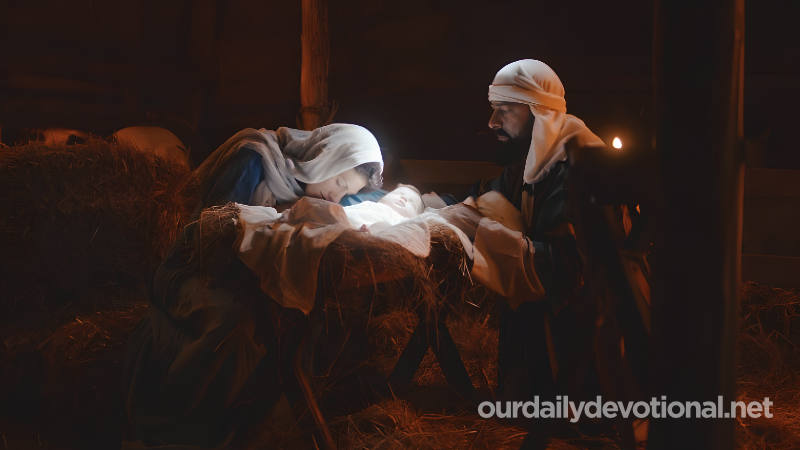(a) Agrippa I.
Grandson of Herod the Great, he is called Herod in the NT. His full name was Marcus Julius Agrippa Herod. Josephus informs us that he was the son of Aristobulus (Ant. 18:5, 4).
Born in 10-9 BC, his youthful years were that of adventurer and spendthrift, but upon arriving in Rome he gained the favor of Caligula who, upon accessing the throne in 37 AD. declared Agrippa as successor to Philip the tetrarch, who had died three years earlier.
Accusing Antipas, who had married his sister Herodias, Agrippa obtained his deposition and exile, and succeeded him in the territories of Galilee and Perea in the year 39 AD. He was still a guest of Caligula in Rome when the tyrant was assassinated in 41 AD.
Having used his influence in the election of Caligula's successor, Claudius, this emperor not only confirmed him in his previous position, but also added to him the dominions of Judea, Samaria and Abilene, so that the extent of his dominion became almost identical to that of his grandfather Herod the Great.
He was in these domains when we read of him in the New Testament as "the king of Herod" (Acts 12). He had James, John's brother, killed with the sword, and because this had pleased the Jews, he also had Peter imprisoned.
This happened around 43 AD; After a year, the king, allowing himself to be called a god, was wounded by the hand of God, dying in a painful way.
The account given by Josephus of his administrative qualities, of his efforts for the Jews while in Rome, and his desire to fortify and beautify Jerusalem, cannot lighten the guilt of him in attacking the apostles to please to the Jews; This casts an indelible stain on him, as did his pride at the last moment of his life, which made him the just object of God's wrath, who will not give his glory to another.
(b) Agrippa II.
Son of the previous one. Only 17 years old after the death of his father, Emperor Claudius entrusted him with the government of Chalcis, in Lebanon, until he came of age. He had grown up at the court of Rome, and was a supporter of the Romans.
At 21 years of age, Claudius gave him the tetrarchies of Trachonite, Abilene, and other parts of northeastern Palestine. Later Nero added several cities to it. It is King Agrippa before whom Paul made his defense (Acts 25:26).
Paul claims that he was an expert in all the customs and issues that existed among the Jews. The things concerning Christ had not been done in a corner, and the king knew them. Paul knew that Agrippa believed in the prophets.
Agrippa said to him: "You almost persuaded me to be a Christian." Paul, as a true evangelist, wanted Agrippa and all those with him to become like he was, except for his chains.
Agrippa had a long reign, and used his influence to induce the Jews to submit when they rebelled against the Romans.
He fought alongside Vespasian when the war broke out, and was wounded by a slingshot at the siege of Gamala. After the fall of Jerusalem he retired to Rome. where he was appointed praetor. He died in 100 AD.
Meaning of AGRIPPA
Two monarchs descended from Herod bear this name.







